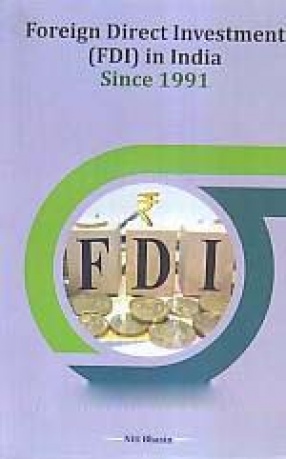
Niti Bhasin

Showing all 12 books
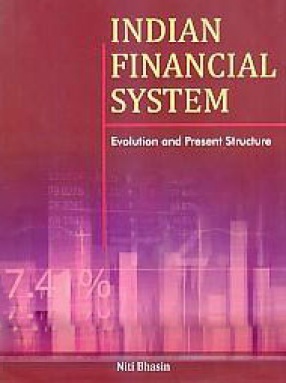

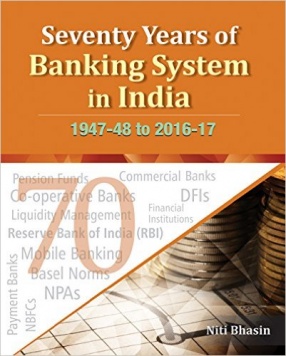
Financial institutions are at the heart of an economic system. A modern economy, characterised by acute specialisation and exchange, is unthinkable without financial intermediaries. India has a long and chequered history of financial intermediation, particularly commercial banking. Soon after Independence in 1947, Government of India followed a policy of social control of important financial institutions. The nationalisation of the Reserve Bank of India (RBI) in ...

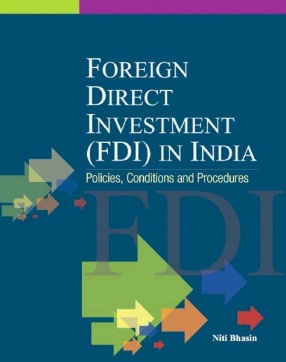
Foreign investment is a strategic instrument of development policy. It plays an important role in the long-term economic development of a country by augmenting availability of capital, enhancing competitiveness of the domestic economy through transfer of technology, strengthening infrastructure, raising productivity, generating new employment opportunities, and boosting exports. In the wake of the economic liberalization policy that was initiated in 1991, the ...
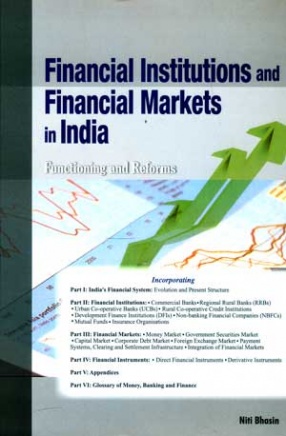
Finance is the linchpin of any development strategy. The financial system promotes savings by providing a wide variety of financial assets to the general public. Savings collected from the household sector are pooled together and allocated to various sectors of the economy for raising production levels. If the allocation of credit is judicious an socially equitable, it can help achieve the twin objectives of growth and social justice.The present book explains and ...
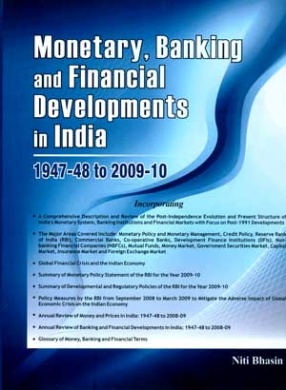
Money, banking and finance are the nerve-centre of an economy. They cover the whole gamut of legal and institutional arrangements, financial intermediaries, financial markets and instruments with both domestic and external dimensions. The present book explains and examines at length the change which have swept India's monetary, banking and financial sectors since Independence in 1947, with focus on post-1991 period. The book is organized into 8 parts.Part I ...
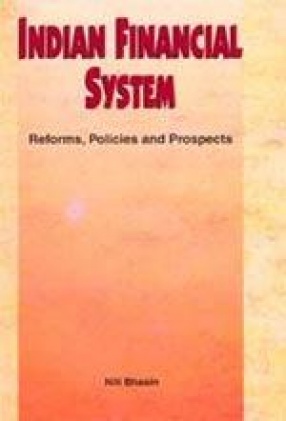
Prior to economic reforms initiated in 1991, India’s financial system was characterized by barriers to entry, control over pricing of financial assets, high transaction costs and restrictions on movement of funds from one market segment to another. The mutual fund industry suffered from lack of competition and was dominated for long by one institution, namely the Unit Trust of India. It was in this backdrop that wide-ranging financial sector reforms were ...
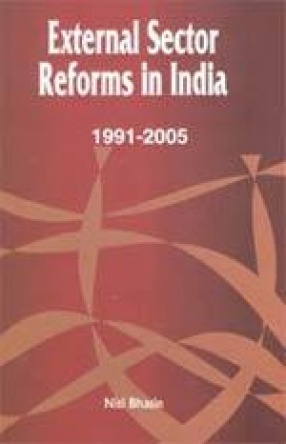
In the wake of unprecedented external payment crisis of 1991. India has witnessed wide-ranging economic reforms encompassing various sectors of the economy. A critical ingredient of the reforms process has been the gradual opening up of India’s external sector. The Trade regime has been significantly liberalized with the abolition of quantitative restrictions on imports and reduction in tariff rates. Non-debt creating inflows of capital are being encouraged. In ...
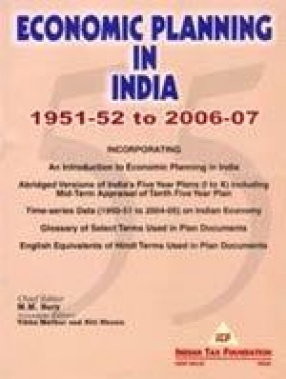
The process of planned economic development in India Began with the launching of First Five Year Plan in April 1951. The main objective of planning was identified as that of initiating a process of development which will raise living standards and open out to the people new opportunities for a richer and more varied life. The manner in which this objective has been translated into specific objectives has varied from Plan to Plan. However, in a broad sense, the ...
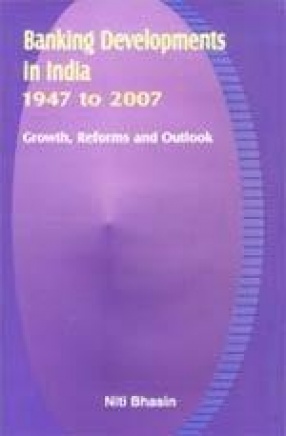
The Banking system of India consists of the central bank (Reserve Bank of India), commercial banks, co-operative banks and development banks (development finance institutions). These institutions, which provide a meeting ground for the savers and the investors, form the core of India’s financial sector. Through mobilization of resources and their better allocation, banks play an important role in the development process of underdeveloped countries. Banking ...
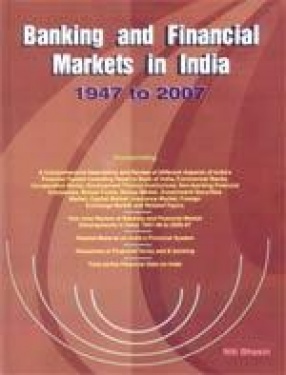
Financial sector of an economy is a multi-faceted term. It refers to the whole gamut of legal and institutional arrangements, financial intermediaries, markets and instruments with both domestic and external dimensions. Finance is the life blood of a modern economy. A financial system helps to mobilise the financial surpluses of an economy and transfers them to areas of financial deficit. It is the linchpin of any development strategy. Soon after independence in ...
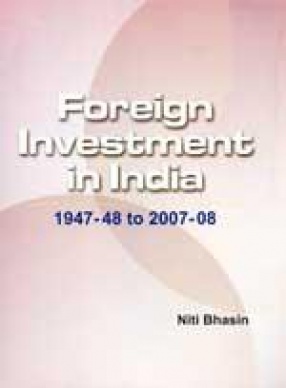
Foreign Investment plays an important role in the long term economic development of a country by augmenting availability of capital, enhancing competitiveness of the domestic economy through transfer of technology, strengthening infrastructure, raising productivity, generating new employment opportunities and boosting exports. Foreign investment, therefore, is a strategic instrument of development policy. In the wake of economic liberalisation policy initiated in ...
